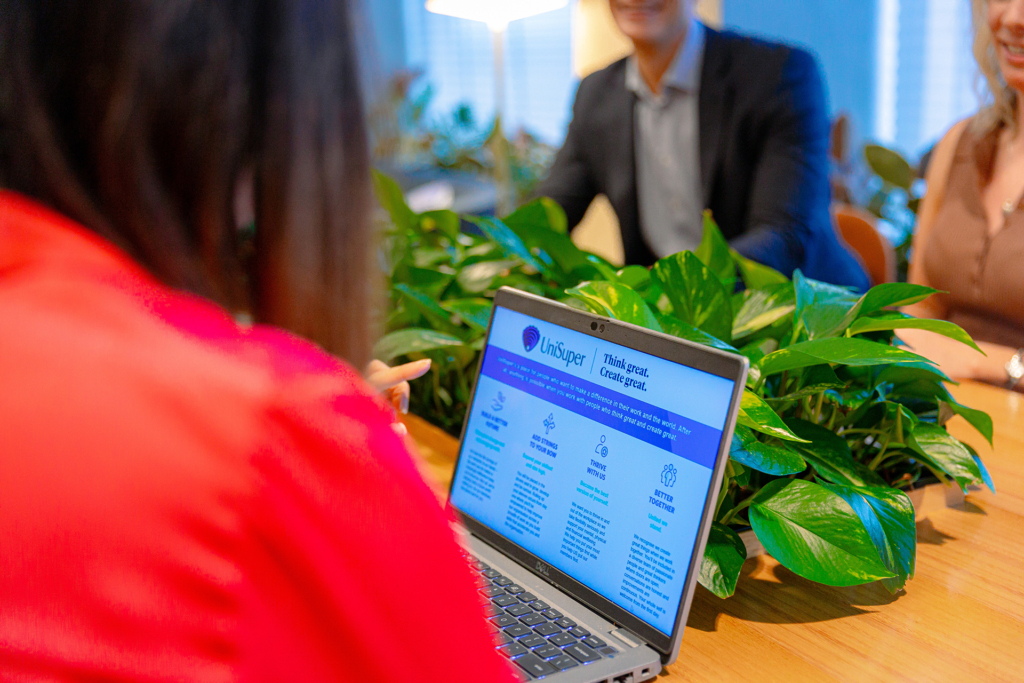How Altus helped Mater drive healthier projects
As a rapidly growing organisation with a large digital transformation program, health services provider Mater looked to Sensei for a consolidated project management solution. With the implementation of its rapidly deployed Altus project and portfolio management software, Sensei has equipped Mater with improved control and visibility across a portfolio of up to 50 digital projects each year, reducing administrative overhead, and supporting a morale boost among the company’s 34 project managers.
Brisbane (Queensland) headquartered Mater is a Catholic not-for-profit ministry of Mercy Partners. Guided by the spirit of the Sisters of Mercy who established the organisation in 1906 with the first Mater Private Hospital. Today, Mater operates an extensive network of hospitals, health centres and related businesses. It is a nationally accredited education provider and a world-class research institute working to meet community needs and improve health and wellbeing.
Key statistics:
- Mater runs up to 50 projects per annum
- There are 40 active project managers at any time
- Executive updates have gone from an arduous and manual 2 weeks of work to literally a few minutes, enabling early action and fast decision making based on reliable information
- Microsoft platform and Altus have delivered a 20% time saving across the entire project management team
- Made the transition to remote work seamless during Covid-19 meaning minimal disruption to project delivery
- Can now recruit “in-demand” and specialist project management resources from any location
Situation
Like many organisations, Mater had no issues with effective project management when it was a smaller operation. Basic tools like spreadsheets were quite capable of meeting the needs of a handful of initiatives underway at any given time. But as the Digital Transformation requirements grew, the limits of those tools were quickly reached and passed. “We found ourselves with a disparate set of tools including spreadsheets and a benefits management tool we had customised over several years to include standard project reporting,” explains Jayson Hawke, Mater Program Director, Digital Delivery. “As we grew, the setup became unwieldy and inflexible; we also had individual project managers using various scheduling tools and project registers. The net effect was considerable difficulty in rolling up crucial information like costs and resource utilisation, and that meant a lot of manual work for those project managers.”
The move to scale for Mater is quite staggering, as Hawke relates. “Digital Delivery went from 40 people to 180, and in a four-year period went from 5 to 10 then 20 and now 34 project managers.”
His colleague Tim Mullins, Director Digital Infrastructure (and a project sponsor), notes that the volume of delivery in this circumstance was becoming unsustainable. “Even what seemed like a minor issue – a project name differing in one tool or another – meant confusion, so if something updated in one place, it wouldn’t in another. And with the growth we were experiencing, approaches and methodologies for project management were changing too, so for example, if we were to update investment planning, it was disconnected from project plans and targets in the reporting tool.”
The upshot of disparate tools, methods and processes was that accurate aggregated information was hard to come by. “If an exec asked what seemed like a simple question, it might take two arduous weeks before we could provide an answer. And the answer required an unbelievable amount of effort and manual work from all involved.”
What’s more, adds Mullins, the difficulty in getting good and accurate information sometimes meant ‘surprises’ for executives, with projects going from ‘green’ to ‘red’ with limited warning. “That’s not a situation anyone wants to find themselves in,” he points out.
Solution
Having appreciated the necessity for improved project management tools, and with a strategic relationship with Microsoft for its technology requirements, Mater looked to Microsoft for project management solution guidance with a subsequent recommendation that included Sensei among three options.
An evaluation demonstrated that Sensei and its Altus solution were the preferred partner and product. “We noted their methodology went deep on training with a clear focus on change and embedding the tool from the beginning. There were good services around the product, and their assigned project manager offered a client-centric focus where nothing was too much trouble. We could also see that he was executing a ‘repeat methodology’, which is what you’d expect from a project tool organisation,” Hawke continues.
Designed to take control of projects of all sizes, Altus is a full-featured solution providing visibility into all work for teams and individuals in the organisation, across tools and systems. Features include collaborative work management, Portfolio, Program and Project Leadership for prioritising organisational objectives, Business Insights and Decision Support, Enterprise Resource Management, Strategic Planning & Benefits Realisation, and more, all built on the Microsoft cloud platform.
But the right software is only part of the picture; understanding that the success of a project depends on accurately demonstrating what it needed, Mater’s team put in a client-side master scheduler with Microsoft Power BI reporting skills. “This meant we could communicate our requirements clearly. We also made our project managers available for training, and, quite frankly, we were surprised at how rigorous this was,” says Mullins.
The intensity, however, was appreciated. “We also quickly realised that Altus as a tool included a number of best practice processes that have accelerated our maturity. Our own Power BI expert made sure we weren’t trying to over-customise, while demonstrating the ability to leverage the centralization of information and Power BI capabilities,” adds Hawke.
A partnership model quickly developed. “Sensei provided great access to its product and R&D teams, so we are effectively participating in how to improve the tool. This has been key to the success of the project – we listen to one another, we take advice on how to integrate and embed Altus, and Sensei is happy to take suggestions on making the tool better.”
With Altus, Mater has been able to leverage its full investment in the Microsoft suite of products including Project Online, Power Apps, Power BI, Azure and DevOps which allows for a seamless integration and flexibility with scheduling tools and reporting.
Result
As a project sponsor, Mullins is on the receiving end of a lot of the outputs from Altus. “The bottom line is, we’re seeing the data we want to see. Things like forecast versus investment plan value, allocations, progress, status, resource utilisation. Where once it would take days, now it’s a few clicks, a screenshot, and I can bring executives up to speed on progress.”
With the software fully implemented, Hawke says all aspects are being used with ‘some way to go yet’ on resource and strategic management. “Already, we are seeing the benefits. We have 34 project managers reporting consistently, with the ability to rapidly aggregate this information and report accurately without delays , sponsors and project managers are using the tool on a daily basis, and we have made great progress integrating scheduling and task management tools (Microsoft Project and DevOps).”
Notably, Mullins says the focus on change management and training has proven invaluable. “That was an investment. We’re seeing real gains for the project managers and there have been no issues with adoption; the past had them hungry for something, and they’re making a meal of Altus. It’s rare that anyone pulls any data out of it, to manually manipulate, to get answers – and that means they’re doing everything within the software, which is as we want it.”
In fact, Mullins says he believes he has personally saved up to 20 percent of his time thanks to Altus – and estimates a similar improvement for project managers companywide. “That’s significant. It means less ‘busywork’ tracking down facts and figures, and more time to actually manage projects. This improves morale. It also means when an executive asks a question, we can answer it straight away.”
As an online tool, a further benefit meant Mater was able to work remotely with ease through Covid-19 interruptions. “It really made the transition seamless, along with our other online systems. Our project managers can keep working, wherever they are. As we’re growing as an organisation the need for Project Managers is increasing and with an online solution such as Microsoft 365 and Altus, we’re no longer restricted to having resources in specific locations; we can hire people that can work from practically anywhere and that’s a big advantage for us.”
Finally, better project and portfolio management means there are far less surprises for sponsors or executives. “Good, accurate and trustworthy information means we’re able to manage every project better and act early should anything start going awry. And that’s the way you want it,” Mullins concludes.
Download the full case study in PDF here.



